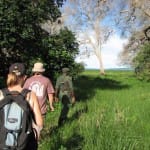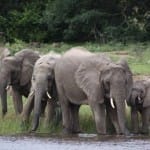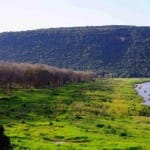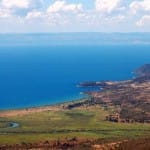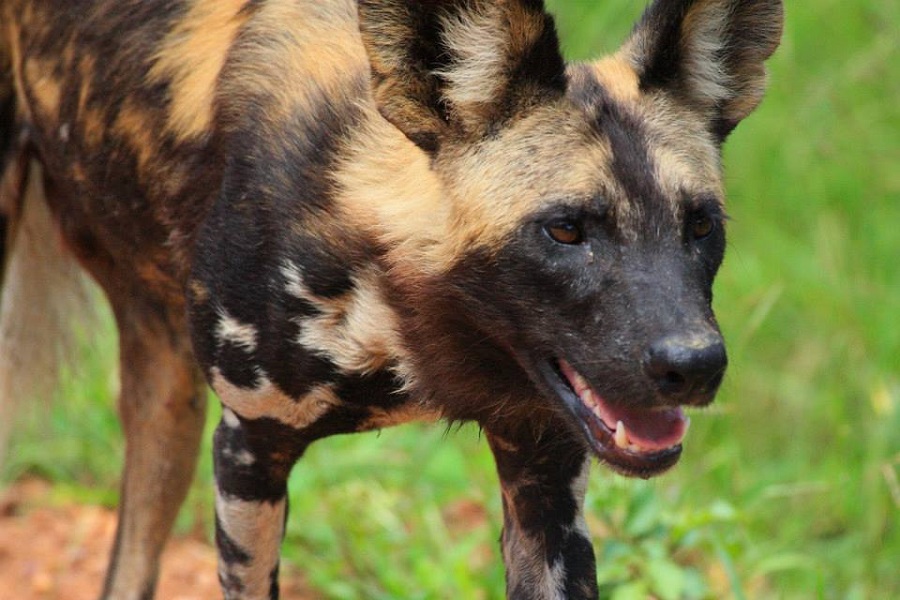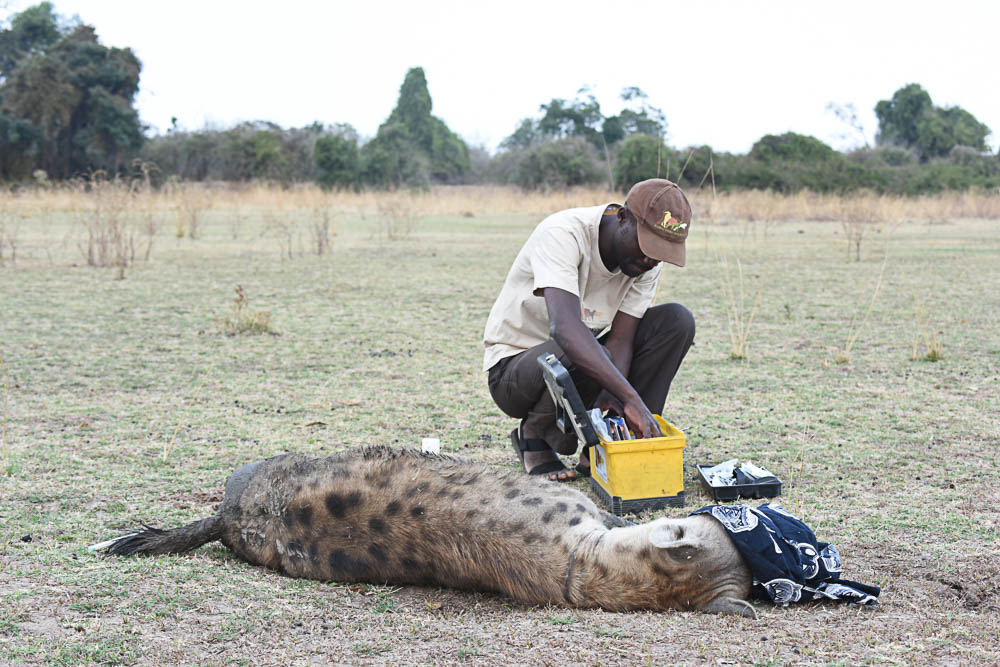NSUMBU NATIONAL PARK
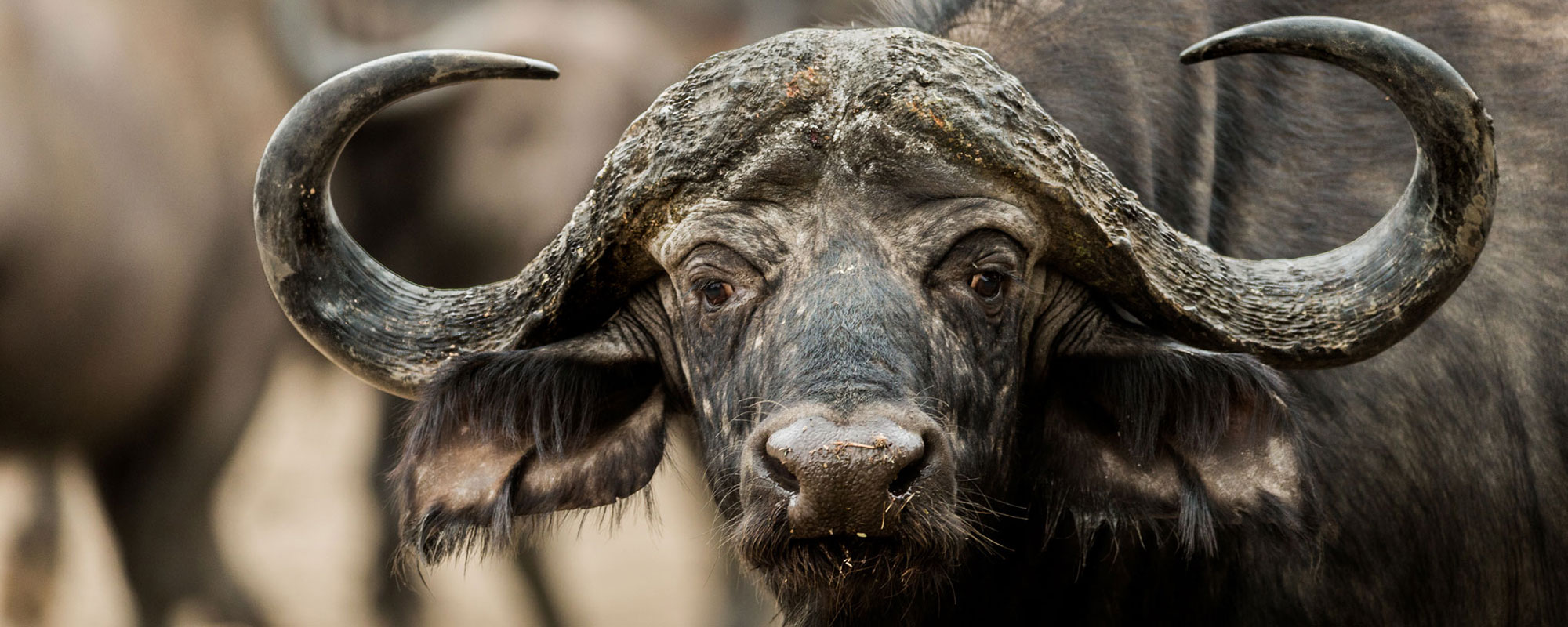
Lying on the southern shores of Lake Tanganyika in the northernmost tip of Zambia, Nsumbu National Park covers an area of just over 2 000km² / 1 255mi². It includes 100km / 62mi of some of the most pristine shores of this vast lake. Its beauty ranges from sandy beaches, vertical cliffs, rocky coves and natural bays to the rugged hills and deep valleys of the interior. The Lufubu River winds its way through the park and pours into Lake Tanganyika.
The western boundary of Nsumbu National Park, or Sumbu as it is called locally, is buffered by the Tondwa Game Management Area. The much larger Kaputa Game Management Area is also contiguous with the national park to the north-west and south-west, and therefore the National Park completely surrounds Tondwa.
Nsumbu is dissected from west to east by the sizable and perennial Lufubu, which also demarcates the eastern boundary of the park up to the river’s discharge into Tanganyika. The Nkamba and Chisala Rivers are ephemeral and smaller than the Lufubu, draining Tondwa Swamp into Nkamba and Sumbu Bays respectively, the former through an attractive valley with abundant wildlife. Much of the park is covered by combretum thicket but along the lakeshore there are many strangler figs and candelabra trees along with the strange and interesting boulders balanced on top of one another.
MORE INFORMATION
LATEST NEWS
2018 – Your Safari Awaits
Whether it’s your first safari or one of many memorable adventures, Zambia is a wonderful destination for everyone! It is a beautiful country with so much to offer, as well as the variety of game species and birds, it is [...]
Luangwa’s leopards compete with the best
We have seen images from Savute of leopards leaping into the mud to pull catfish from the sticky channel, and we've seen footage of jaguars catching caimans in the backwaters of the South American rainforests. Now South Luangwa's leopards are [...]
South Luangwa Hyena Rescue
It’s not often that we get directly involved and lend a helping hand to wildlife, but when we do, it’s often because the animal has been harmed due to human conflict. A few weeks ago, Nsefu Camp in South Luangwa National [...]

